Connecticut Sea Grant relies on its Senior Advisory Board to help guide its direction, policies, and focus. Smaller temporary advisory groups such as Research Review Panels or specific outreach project advisory committees are also convened as appropriate. Appointed/invited members of these advisory groups provide input and feedback on Sea Grant activities and research, ensuring they are relevant to the residents of Connecticut and address our current strategic priorities.
Senior Advisory Board Members
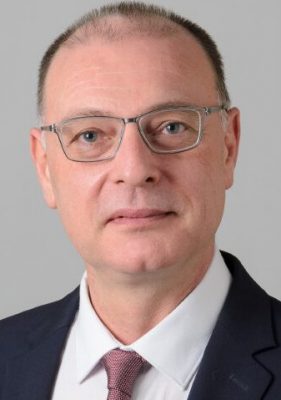
Pamir Alpay (Chair) is UConn’s vice president for research, innovation and entrepreneurship. He oversees the University’s $375 million research enterprise in Storrs, the UConn Health campus in Farmington, the School of Law in Hartford, and the regional campuses statewide. He previously served as executive director of the Innovation Partnership Building at UConn Tech Park, where he served as the University’s chief advocate for industry-informed research and prime liaison between the research community and government collaborators. A professor of materials science & engineering and physics, Alpay previously served as associate dean for research and industrial partnerships for the UConn School of Engineering. Dr. Alpay is a Board of Trustees Distinguished Professor and an elected member of the Connecticut Academy of Science & Engineering (CASE). He is a Fellow of the American Physical Society, ASM International and the American Ceramic Society.
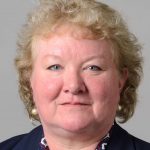
Bonnie Burr: Bonnie Burr is assistant director and department head with the Department of Extension in the College of Agriculture, Health and Natural Resources. She splits her time between administration of UConn Extension outreach activities and other projects for the College. She works statewide bringing together collaborative efforts that enhance and promote the university’s land grant mission. Previously, she served as director of the USDA Farm Service Agency, which works to deliver commodity, credit, conservation, disaster and emergency assistance programs that help improve the stability and strength of our local agricultural economies. Prior to serving with USDA, Bonnie worked for the Connecticut Farm Bureau Association. She works very closely with the state and federal legislators to improve agriculture (including aquaculture) and farming benefits in the state.
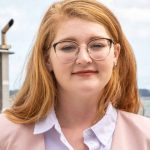
Lauren Gauthier: Lauren Gauthier is the special projects manager at Copps Island Oysters, a Connecticut shellfish farm that believes in providing education and engagement opportunities with the communities it works in as well as groups interested in preserving and promoting environmental health. Gauthier focuses primarily on regulatory compliance, government relations and community outreach. She also serves on several committees in the Interstate Shellfish Sanitation Conference to enhance industry participation in the regulatory process and promote consumer safety. Gauthier received her bachelor’s degree from the University of Connecticut-Avery Point in Maritime Studies and her Master of Public Administration from the UCONN Graduate School.
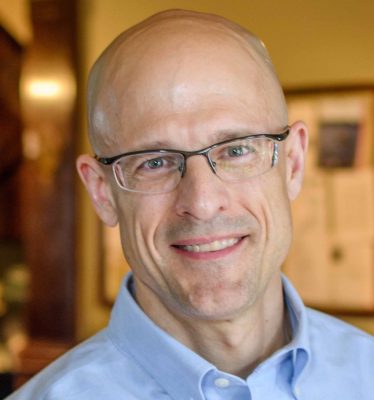
Robert Johnston: Dr. Robert Johnston is Professor of Economics and Director and Research Professor of the George Perkins Marsh Institute at Clark University in Worcester, MA. His research interests include the valuation of non-market resources and ecosystem services, benefit transfer and meta-analysis, management of aquatic resources, land preservation, and tourism economics. He also works closely with international organizations, government agencies and non-profit organizations to assist in the appropriate use of economic information to guide environmental and natural resource policy development.
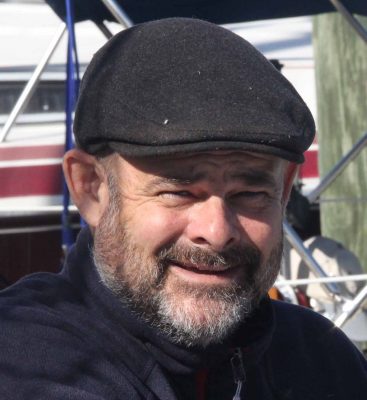
Bill Lucey: Bill Lucey, Long Island Soundkeeper for Save the Sound, was raised in Connecticut and grew up fishing local waters before earning a bachelor’s degree in fisheries biology at the University of Vermont, and a graduate certificate in Fisheries Management from Oregon State University. He served in Guatemala as a Peace Corps fisheries extensionist before moving to Alaska for 20 years where he worked as a federal fish and wildlife biologist, commercial fisherman, NOAA marine mammal stranding responder and a municipal biologist and coastal program coordinator. In 2014, he became the director of the Kauai Invasive Species Committee with the University of Hawaii. Research over this time focused on beluga whales, harbor seals, pacific salmon, forestry and seroprevalence of toxoplasmosis in the Kauai’s watersheds. Since 2017, as Long Island Soundkeeper since 2017, he patrols the rivers and estuary of the Sound, finding pollution and advocating at the state Capitol for clean water and fisheries legislation.
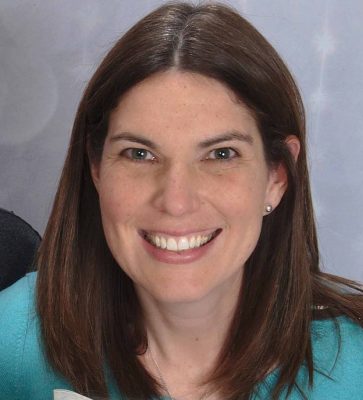
Kelly Matis: Kelly Matis is the longtime vice president of education and conservation at Mystic Aquarium & Institute for Exploration. In this role Matis provides organizational leadership and strategic direction on education and conservation engagement initiatives as well as leads staff professional development and training efforts. She is focused on engaging the community, particularly those from groups under-represented in STEM, in Mystic Aquarium’s mission to inspire people to care for and protect the ocean. She is active as a committee chair for the Association of Zoos and Aquariums and on the Steering Committee of the Coastal Ecosystem Learning Center Network through NOAA’s Department of Education. She received her bachelor’s degree in Environmental Science from the University of Rochester and her Master of Science in Environmental Education from Southern Connecticut State University.
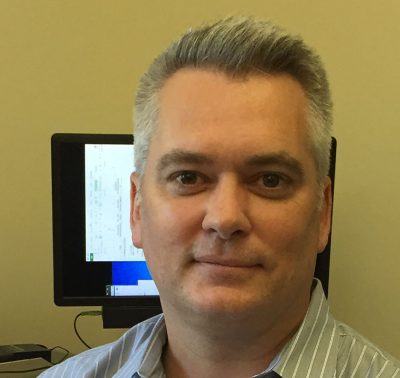
Thomas Morgart: Thomas Morgart serves as state conservationist for the USDA-Natural Resources Conservation Service in Connecticut. His path into the agricultural/environmental field began on family farms, and after college at a large greenhouse operation. Two positions as a crop consultant led to the first step in a career with NRCS as a soil conservationist. He was chosen as the environmental quality incentives program manager in Maryland and then promoted to assistant state conservationist for programs, also in Maryland. During that time, he served a nine-month collateral duty as Chesapeake Bay watershed initiative coordinator, representing the agency at the federal and state level. In 2015, he was chosen for the position of state conservationist in Connecticut. He continues to enjoy his journey with the staff as they work together to improve the environment and keep agriculture thriving in a small state with a large agricultural presence.
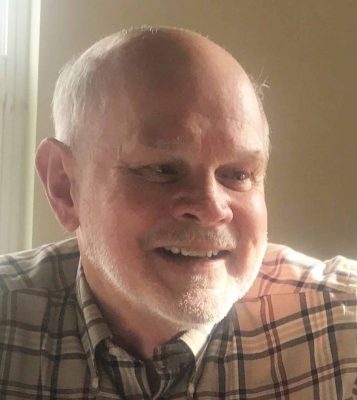
Donald Murphy: Dr. Donald L. Murphy has been a member of the Stonington Shellfish Commission for 24 years, serving 18 of those years as chairman. Previously, he was the Chief Scientist of the United States Coast Guard International Ice Patrol (IIP) for 24 years. Prior to serving at the IIP, he was a research oceanographer for seven years at the United States Coast Guard Research and Development Center (RDC). At RDC he conducted oceanographic research into the movement of oil spills and search and rescue objects (disabled vessels, life rafts, and persons in the water). Dr. Murphy is a member of the American Geophysical Union, the Marine Technology Society, and the American Polar Society. He received a B.A. in mathematics from Marist College and an M.S. and Ph.D. in physical oceanography from the University of Connecticut. He also served as a surface line officer in the U. S. Navy from 1967 through 1970.
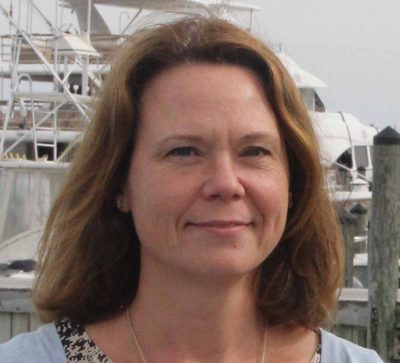
Christine Nelson: Christine Nelson previously served as the director of land use for Old Saybrook from 1999 to 2020. In 2014, she updated the town’s Natural Hazard Mitigation Plan to thoroughly address community resilience to the changing conditions of climate and sea level. She is proud of helping to meet former Gov. Malloy’s goal of 21% of the town set-aside as open space in 2015. Nelson represented municipal interests on the Governor’s Blue Ribbon Commission on Property Tax Burdens & Smart Growth Incentives (2004), the Governor’s Task Force on Responsible Growth (2008), and as the governor’s appointee to CT DEEP’s Blue Plan Advisory Committee to conserve areas of significant human use in development goals for Connecticut’s blue economy since 2016. She served as vice chair of the Connecticut Historic Preservation Council for four years. In 2020, she was instrumental in bringing Old Saybrook from bronze to silver certification as a Sustainable CT Community.
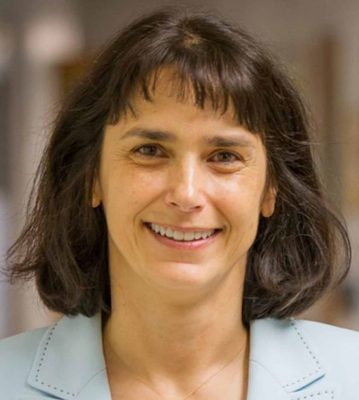
Tracy Romano: Tracy Romano is Vice President of Research and Chief Scientist at Mystic Aquarium & Institute for Exploration. Her research is in neuroimmunology of marine mammals, more specifically studying how environmental challenges (noise, changes in water temperature, introduction to novel environments, transport, exposure to other marine mammal populations, and pollutants) affect the immune system and health of dolphins kept under human care as well as dolphins in the wild. In addition, she is studying the evolution of the immune system through cloning and sequencing of important cetacean immunological molecules, and the development of cetacean-specific immunological reagents and assays for assessment of immune function.
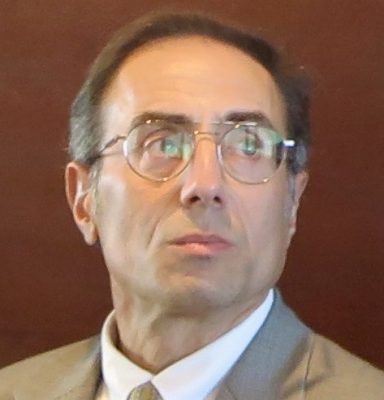
Mark Tedesco: Mark Tedesco has worked for the U.S. Environmental Protection Agency for more than 34 years. In 1989 he began working on the Long Island Sound Study, administered by U.S. EPA as part of the National Estuary Program, under the Clean Water Act. In 1992, he became Director of the newly established EPA Long Island Sound Office, responsible for completing the $16 million, multi-year program to identify and address remaining water quality impairments in the Sound. The study culminated in the 1994 approval of a Comprehensive Conservation and Management Plan for the Sound by the Governors of New York and Connecticut and the EPA Administrator. Mr. Tedesco is now responsible for continued oversight of the program with a focus on implementation of the 2015 management plan in cooperation with government and private agencies and organizations. Mr. Tedesco received a bachelor’s degree in biology and a Master of Science in marine environmental science from Stony Brook University.
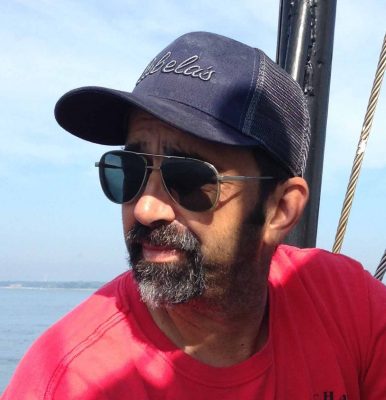
Michael Theiler: Captain Michael W. Theiler has been a self-employed full-time commercial fisherman since 1989, currently focusing primarily on trap fishing for lobsters and day boat sea scalloping, but has also been involved in otter trawling, gill netting, and hydraulically dredging clams. More recently he has become involved in environmental surveying and offshore wind energy support. His three vessels, Emma & Maria, Jeanette T, and George & Lila, work out of the port of New London. He has served in various management and leadership positions for the fishing industry including as vice president of the Connecticut Commercial Lobstermen’s Association and co-chairman of the Connecticut Seafood Council. Theiler previously served on the Board of Advisors for the UCONN College of Natural Resources and guest lectures at the U.S. Coast Guard Academy.
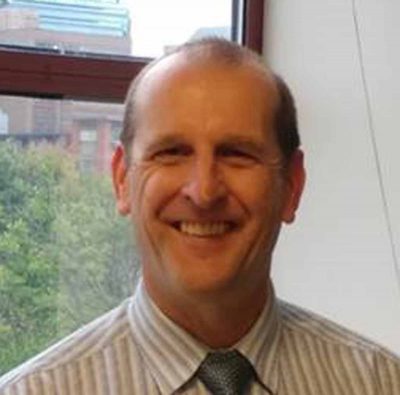
Brian Thompson: Brian Thompson has been the director of the Land and Water Resources Division at the Connecticut Department of Energy and Environmental Protection since 2006. In that position he serves as program manager for Connecticut’s federally approved Coastal Zone Management Program. The Land and Water Resources Division is committed to the protection, restoration and management of Connecticut’s tidal and non-tidal waters, wetlands, natural resources and the appropriate use of floodplains, aquifers, coastal areas and Long Island Sound. He participates with federal, state and nonprofit organizations in partnerships dedicated to protection and restoration of coastal, estuarine and ocean resources including the Long Island Sound Study, Northeast Regional Ocean Council and Coastal States Organization. Thompson received a bachelor’s degree in geology from St. Lawrence University and master’s degree in marine affairs from the University of Rhode Island. He has previously worked in various environmental management capacities in the private sector and the federal government.
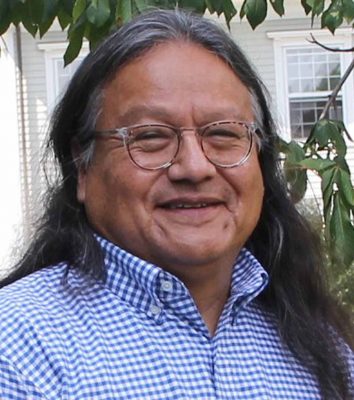
Gerald Torres: Dr. Gerald Torres is a professor of environmental justice at the Yale School of the Environment and professor at the Yale Law School. He is former president of the Association of American Law Schools and has taught at Stanford Law School and Harvard Law School, where he served as the Oneida Nation visiting professor of law. Professor Torres served as counsel to the Attorney General on environmental matters and Indian affairs at the U.S. Department of Justice. He has served on the Board of the Environmental Law Institute, the EPA’s National Environmental Justice Advisory Council and the National Petroleum Council. He is board chair of the Earth Day Network and founding chairman of the Advancement Project, the leading civil rights advocacy organization in the country. He is a trustee of the Natural Resources Defense Council. He has served as a consultant to the United Nations on environmental matters and is a life member of the American Law Institute and the Council on Foreign Relations.